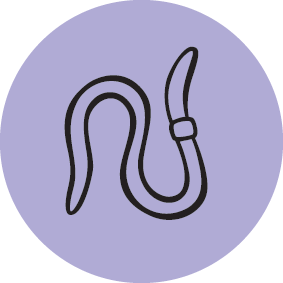 Nelson Lebo shares a visual journey and some thoughts about composting, what works and what doesn’t. From his families property in Whanganui NZ the process is ongoing, and it’s not always pretty – from possums to bio-plastic…
Nelson Lebo shares a visual journey and some thoughts about composting, what works and what doesn’t. From his families property in Whanganui NZ the process is ongoing, and it’s not always pretty – from possums to bio-plastic…
Composting is often an ongoing process on most permaculture properties. At any given time we will have 3 to 6 cubic metres of compost somewhere along the process.
Also, we compost everything, including a lot of possums lately. But our basic ingredients are bedding (wood shavings) from our midwife’s chickens, sheep manure, kitchen scraps, and anything else that comes along. Well, almost anything (see below).
Here are the bags of shavings I just picked up.
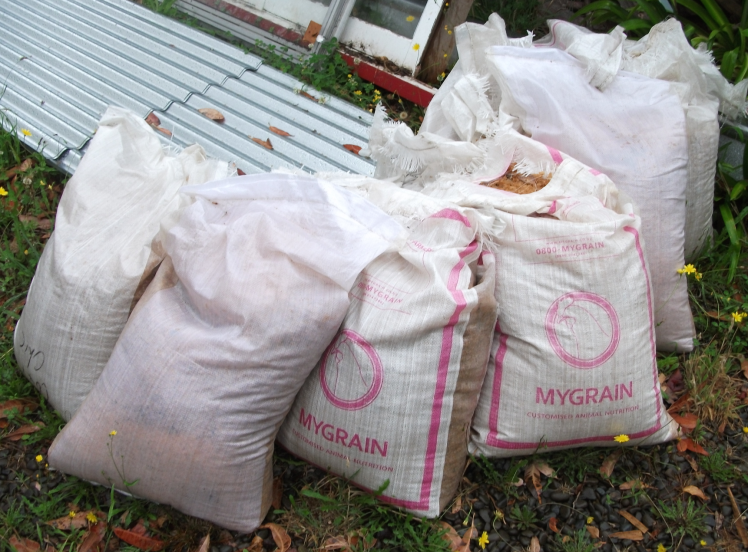
I keep the sheep poo under a tarp so it does not leach when it rains.
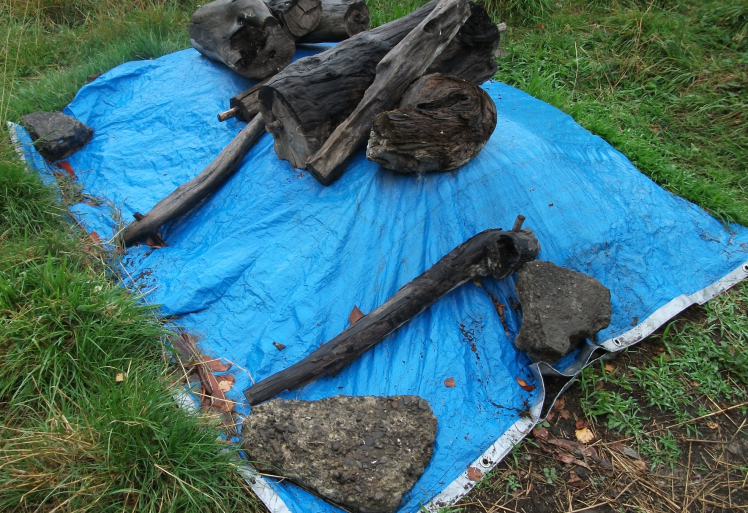
Here are the bags from our picnic earlier this week.
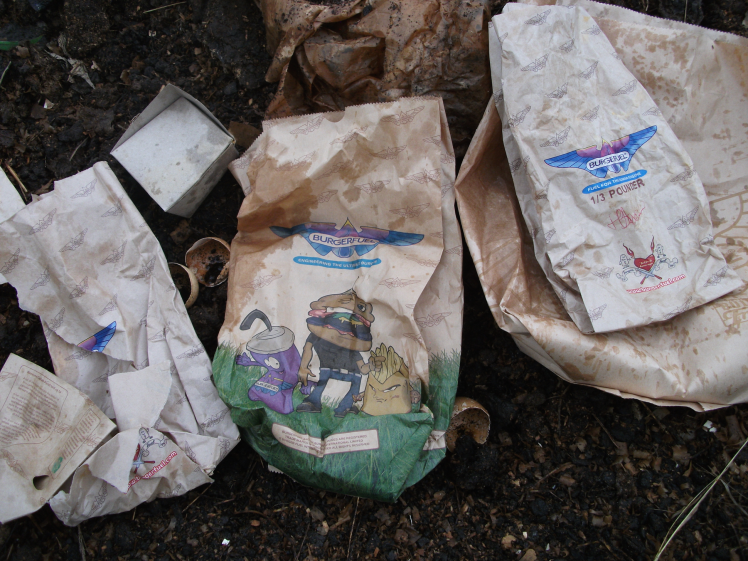
Typical kitchen scraps that do not go to the pigs, ducks and chickens.
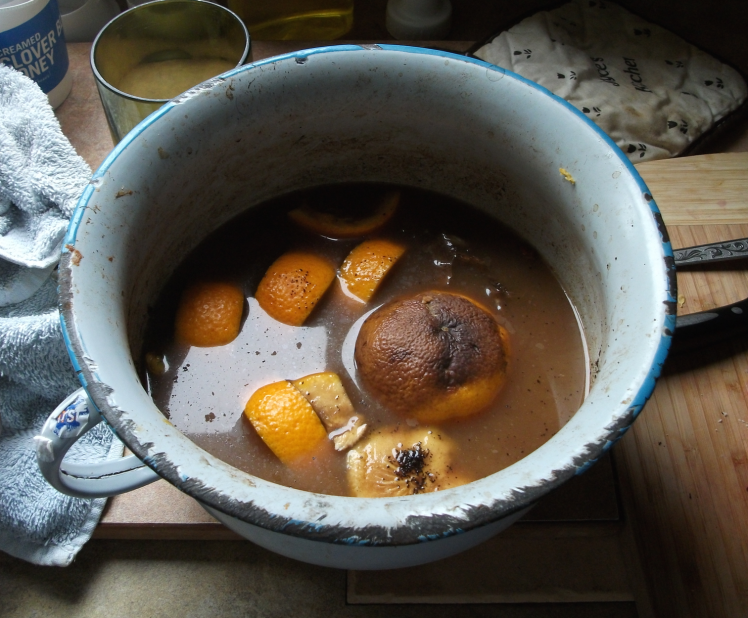
Chicken parts not fed to the pig, although she did eat all of the heads as soon as they hit the ground.
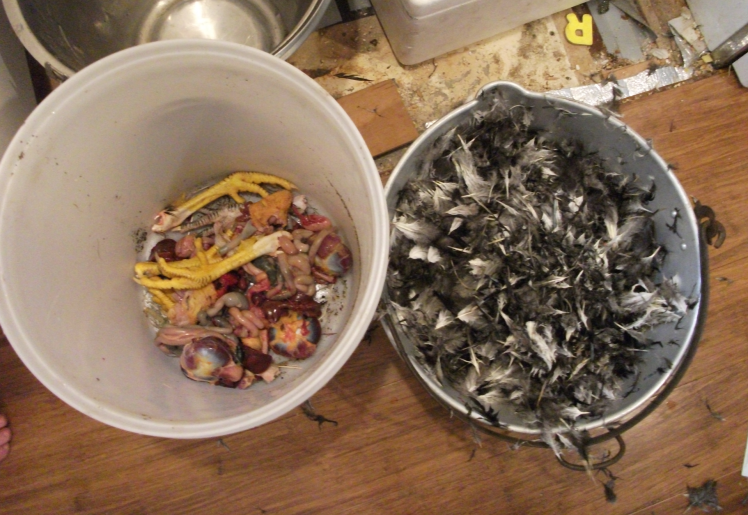
We got these coffee grounds at the Zed petrol station on our way home. It is cool how all of their stations put the coffee grounds out front for people to collect.
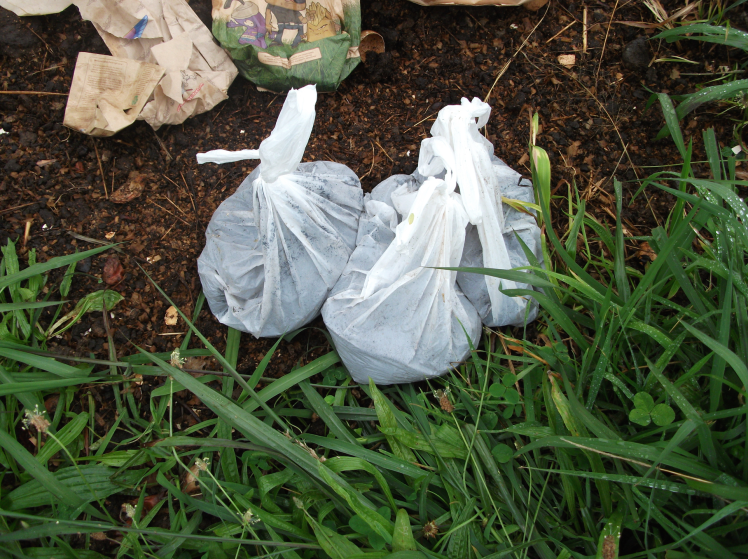
This is about the 10th possum we have trapped this summer. The lot is ready to be turned in.

This pile has been built and is actively decomposing.
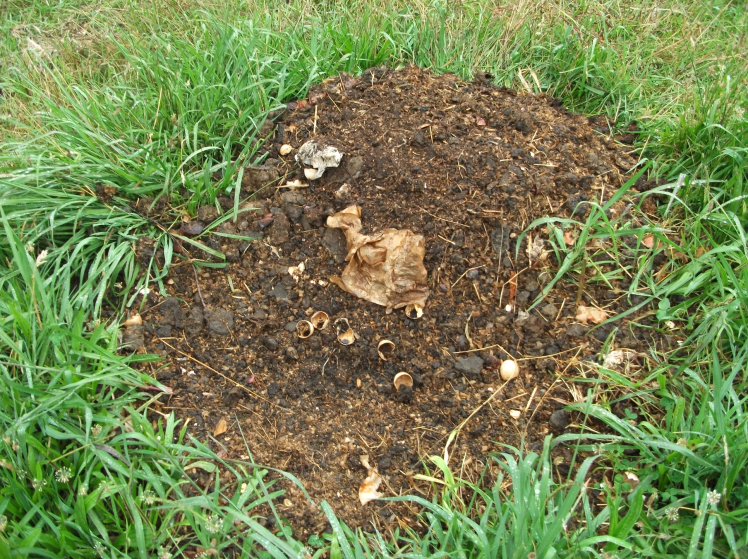
These two are done, but growing pumpkins at the moment.

This one we are drawing off the finished compost as needed.
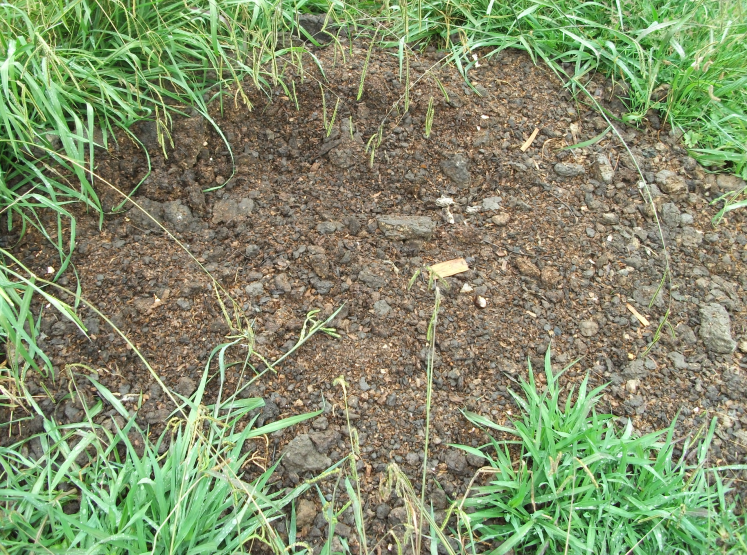
The only thing I won’t compost is that bloody bio-plastic. Worst product ever. Pure bullshit.

Peace, Estwing (Nelson Lebo)
For more about composting visit the Eco-thrifty living blog

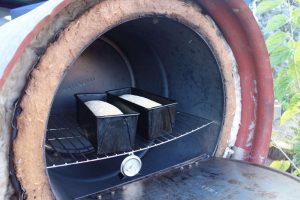
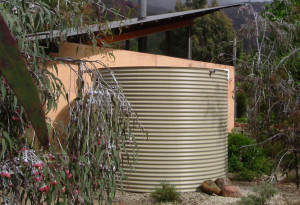

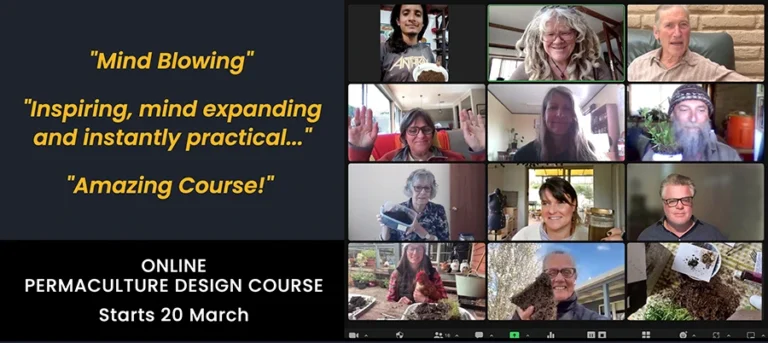

Hi Nelson – Thanks for the nice pictures to show exactly how it looks.
I also don’t compost those “100% compostable” plastics in my home compost. I’ll throw stuff like that in the “compost” bin at places that compost their scraps like the food coop or wherever. But I wonder if those big industry/city-scale composting operations have any better success with composting this stuff than we do… or if they’ve also learned to sort it out and put those “compostable” plastics in the waste bin instead.